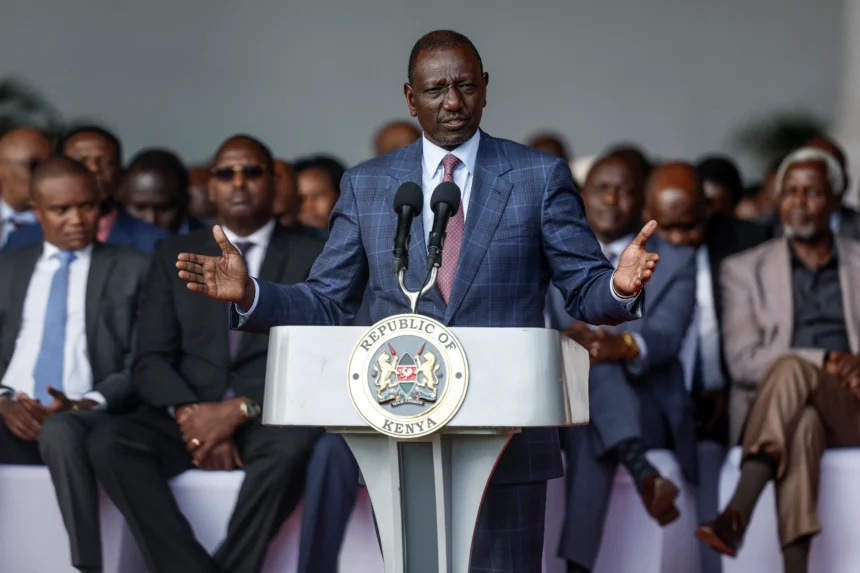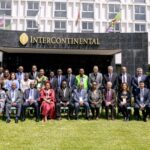Kenya is seeking peace and stability in the region ahead of cross-border electricity trading among 13 East African Electricity Alliance members.
The trades will be conducted by the General Power Trading Platform in the first quarter of 2025.
As the region begins to tap the much-needed economic resources in the East African Power Pool (EAPP), the government is also looking to develop a system that will address economic and financial issues, while Kenya is looking at ways to import cheaper electricity to balance demand and stabilize it. plate.
According to Energy Minister Opio Wandayi, Kenya supports the continued development of the regional energy sector and this initiative will ensure the reliability and stability of the printed electricity market in the region.
- Advertisement -
Speaking at the three-day East African Power Pool (EAPP) conference on the regional energy industry in Mombasa that concluded today,
Wandayi noted that progress in development has set regional energy in interconnected countries to have bilateral trade and centralized competition.
This includes Kenya’s connection to Ethiopia, enabling the export of 200 MW of renewable energy via a 500Kv high voltage DC transmission line (the Sodo-Moyale-Suswa power line is expected to be completed by November 2022).
In addition, Kenya has completed the construction of a 400KV transmission line with Tanzania. Tanzania is not only using Kenya’s renewable energy when using electricity but also using Kenya’s transmission system that uses Ethiopian electricity.
On the other hand, the 132km 400kV Lessos-Tororo Line (Kenya-Uganda Interconnector) is a two-circuit transmission line with a capacity of up to 1,200 MW from Lessos Substation (Kenya) to Kenya – Tororo Substation Nearby (Uganda) near the Uganda border.
- Advertisement -
Member states are working to establish joint venture schemes with independent regulatory bodies, IRBs, energy management and utility bills to support the regional energy industry and the energy industry.
The existence of a strong regional regulator is important to promote transparency and trust, “said Wandai, as legislators, which we have the responsibility to establish, we have the right environment for this work to flourish. This makes it important for our country to follow the promotion of a culture of cooperation, management or conflicts in business processes. as regional goals
The views expressed by the EAPP Board of Directors confirmed the commitment of the Members to establish a set of methods, procedures and methods necessary to establish an electricity market in the region.
Coordination of regional and national policies is essential for a successful transition to a unified economy. By championing the benefits of regional integration, reducing costs, improving conservation and increasing renewable energy, we can support the integration needed for success,” said board chairman Ocasi Opolote.
Regional Energy Ministers highlighted the benefits of a market-oriented approach to the regional energy market, discussed ways to develop the market and shared insights, knowledge and best practices from other regions and international energy organisations.
The electricity market in the EAPP will enable member states to bring new low-energy energy sources to the region, to increase the availability of electricity, making it more reliable and cheaper.










